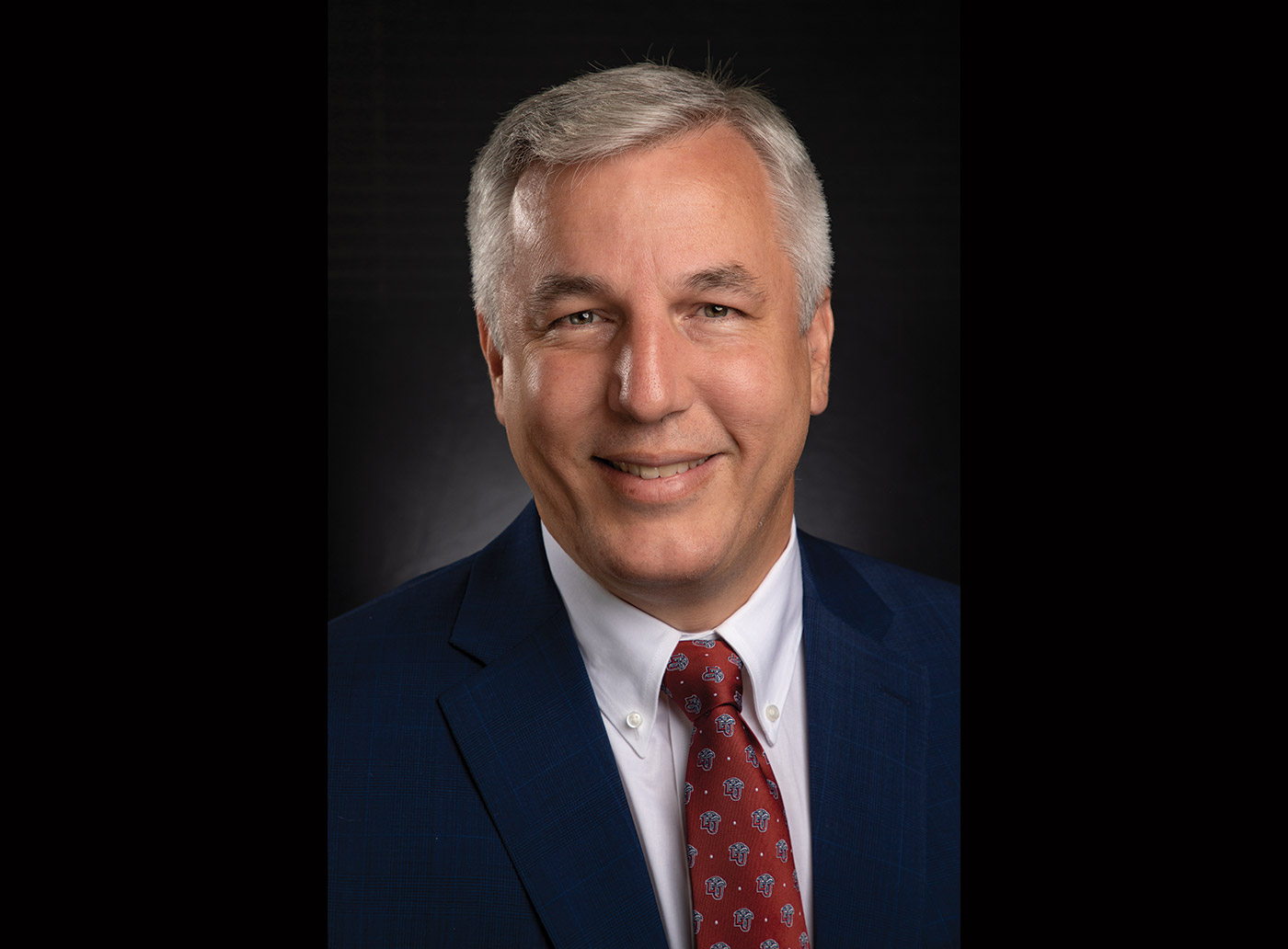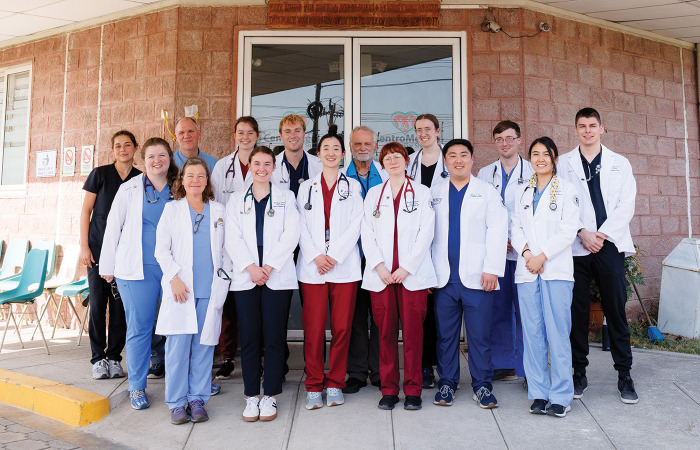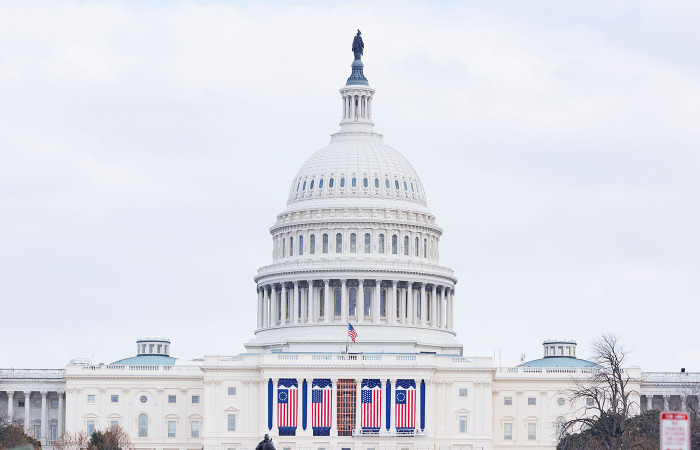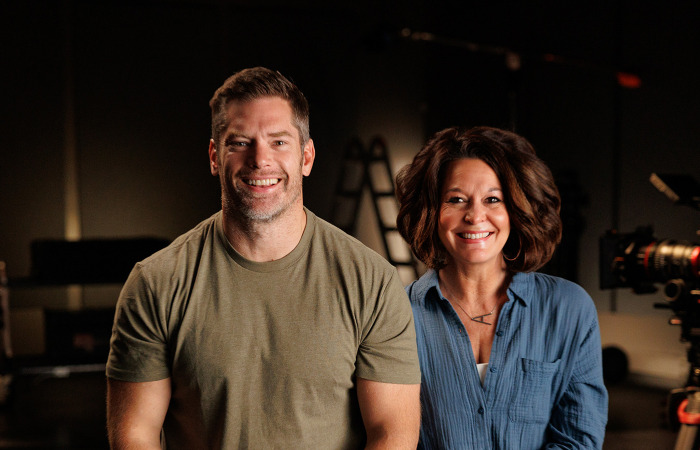Get to know the new dean of the School of Behavioral Sciences
Dr. Kenyon Knapp has only been in his new role as dean of the School of Behavioral Sciences at Liberty University for a few months, but he is quickly settling in to life in Lynchburg. Bringing with him more than 20 years of professional counseling experience, Knapp is already implementing new ideas for the growing undergraduate and graduate programs in counseling, psychology, human services, and social work.
What is the first thing you want students to know about you?
I’m not just a theories guy. I’ve been working in private practice for 20 years. I’m on the Council for Accreditation of Counseling Related and Educational Programs (CACREP), and I’ve been advocating for Christian colleges to pursue CACREP. I also serve on the National Mental Health Advisory Board for the Trump Administration with a number of other great individuals, including some from Liberty.
My wife, Ginger, and I have four children: three sons (16, 12, and 11) and a daughter (14).
Why did you pursue a position at Liberty?
I’ve been very impressed with Liberty’s growth. I’ve had friends all over the country say, “Wow, look at Liberty! Look at what they’re doing.” That got me excited to come here, and I had always admired Liberty from a distance. I’ve worked in secular universities for the past 20 years, and there was friction in my heart. I tried to be a witness in secular settings, but people there don’t always appreciate a Christian worldview perspective. You have to craft your message to the hearers, and I’ve had the frustration of not being able to be totally congruent, so I’ve had a desire to work at a Christian college.
What are some goals you have for the School of Behavioral Sciences?
I have a committee of six faculty members who are working to develop a telemental health program (where counselors can converse with patients remotely) and a training program for this that will be broad enough to cover all 50 states. What most people are doing is graduating from the master’s program and working as a practitioner somewhere. Then they try to get trained in telemental health because they have to get training in whatever state they live in. If they have to do it anyway, then why not do it at Liberty? I’ve also been working with a number of faculty and upper administration on how we can increase our presence around the world in regard to crisis and trauma counseling and offer more trips. There’s a number of national organizations who have talked to Liberty because we know we have the capacity to do more large-scale work. We’re in the planning stages on how to implement it.
When did you feel like counseling was your calling?
When I was studying for my Ph.D. in Counselor Education at the University of Mississippi, a big tornado came through the community and impacted a number of people from my church. I just found myself gravitating to those places and helping. Yes, I was helping with a chainsaw and all that, but I was very much drawn to trying to minister to people emotionally after the trauma they had been through. Sometimes you stumble into things in life and it fits you, and that’s what I did with crisis work. It totally fits me because I have an indomitable, really unconquerable hope in the Lord. When you work as I have with human sex trafficking victims, or with someone whose entire family died in a building that collapsed, or with genocide victims in Africa, you’re dealing with heavy-duty, extremely depressing issues. If you don’t have something secure in your own life that gives you hope and stability, you’re just going to lose perspective and your peace.
How can future counselors take steps to care for their own mental health?
We talk constantly in the mental health field about how you can do self-care and protect yourself psychologically. The best thing for resiliency is being close to the Lord because God is the one thing in your life that can never be taken from you. My health, my money, my family can be taken from me, but if I cling most tightly to the thing that can never be taken from me, I’m secure.
 In addition to regional accreditation, many Liberty programs are accredited by specialized professional and accrediting agencies. Four School of Behavioral Sciences programs are accredited by CACREP (Council for Accreditation of Counseling Related and Educational Programs).
In addition to regional accreditation, many Liberty programs are accredited by specialized professional and accrediting agencies. Four School of Behavioral Sciences programs are accredited by CACREP (Council for Accreditation of Counseling Related and Educational Programs).




